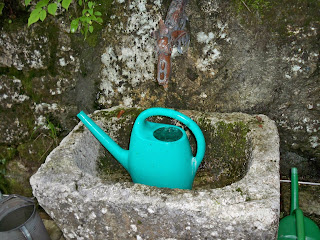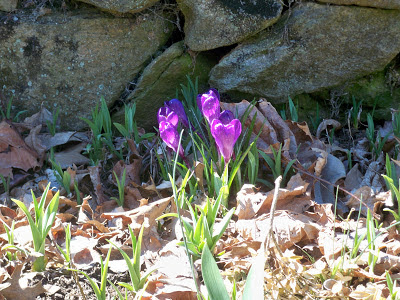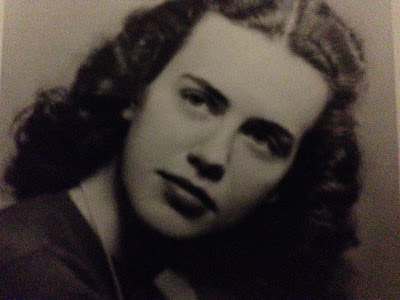On this Mother’s Day, my first without Mom, I think about a scene I witnessed at the beach and have thought about often since. It was nothing special; in fact it (or something similar) happens all the time. A little girl in pink was running down the shore. She caught my eye because there were precious few people on the beach that day — it was cold! — and also because she seemed young to be on her own.
I had no fear for the child, assumed she was being watched from some distant towel. Instead, I thought about what the world looked like through her eyes. Maybe her first burst of independence. The horizon spreading out before her, endless sand and a squawking gull she wanted to catch.
Then I saw a woman in quick pursuit. “Marina! Marina! Where do you think you’re going?”
The little girl turned, ready to be caught. The woman threw her arms wide open and dashed toward Marina, who was now flying toward her. Soon they came together; the woman gathering the child up in her arms and twirling her around.
It’s the oldest story and the truest story. And it made me think of this passage from Annie Dillard’s An American Childhood, which I can never read with a dry eye, especially not today.
I write this at a wide desk in a pine shed as I always do these recent years, in this life I pray will last, while the summer sun closes the sky to Orion and to all the other winter stars over my roof. The young oaks growing just outside my windows wave in the light, so that concentrating, lost in the past, I see the pale leaves wag and think as my blood leaps: Is someone coming?
Is it Mother coming for me, to carry me home? Could it be my own young, my own glorious Mother, coming across the grass for me, the morning light on her skin, to get me and bring me back? Back to where I last knew all I needed, the way to her strong arms?


